When we eat chicken, how fast it cooks in the oven can make a difference in what you put into your stomach. The speed at which chicken cooks depends on two main factors– temperature and time.
As meat products cook, different parts of the protein bind together to form thicker pieces or gel. This happens when an amino acid within the protein reacts with another molecule, linking them together. As these bonds are formed, there is less space in the structure, so it takes longer to fully break down the product.
The length of time that food stays in our gut is very important! If digestion is too quick, some nutrients may be missing out before they reach your digestive system.
This article will talk about the average times for cooked poultry, why this information is important, and tips to help you bake the best tasting chicken in no time.
Reminder: while baking chicken at the same temperature and time can result in different textures and flavors, changing either one will affect the overall taste and/or texture of the bird. So, always use a good source for recipes!
What are the top sources for cooking times for chicken?
Many nutritionists agree that boiling and broiling foods is the fastest way to prepare chicken. That’s because water molecules don’t interact much with the surface area of the raw chicken, limiting the amount of browning and therefore flavor that occurs.
Digestion time varies based on the temperature of the chicken
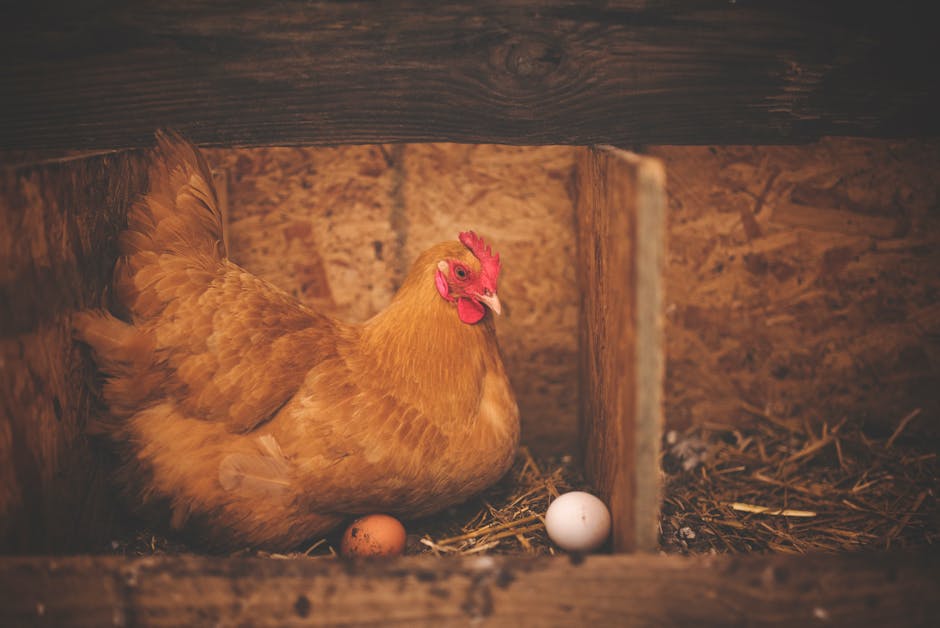
When eating meat, how long it takes to digest depends mostly on two things: the temperature at which you cook the meat and your digestive system’s ability to break down the protein in the meat.
As we know, bone is made out of collagen (protein). Therefore, when chewing food, our mouths pull off small pieces of collagen to help us feel full.
However, unless you’re eating raw foods or cooking the meat very low and slow, most of this collagen gets broken down during digestion. The longer you wait for muscle and fat to chew and soak up some blood, the more of the collagen that’s left can be absorbed by your gut.
This isn’t necessarily a bad thing! While most of the collagen that comes from cooked meats does not stay in your body for very long, there are several nutritional benefits to consuming enough collagen.
But only if you eat the right amount and type of collagen — and you make sure to include them into your diet consistently.
Digestion time varies based on the chicken’s initial weight
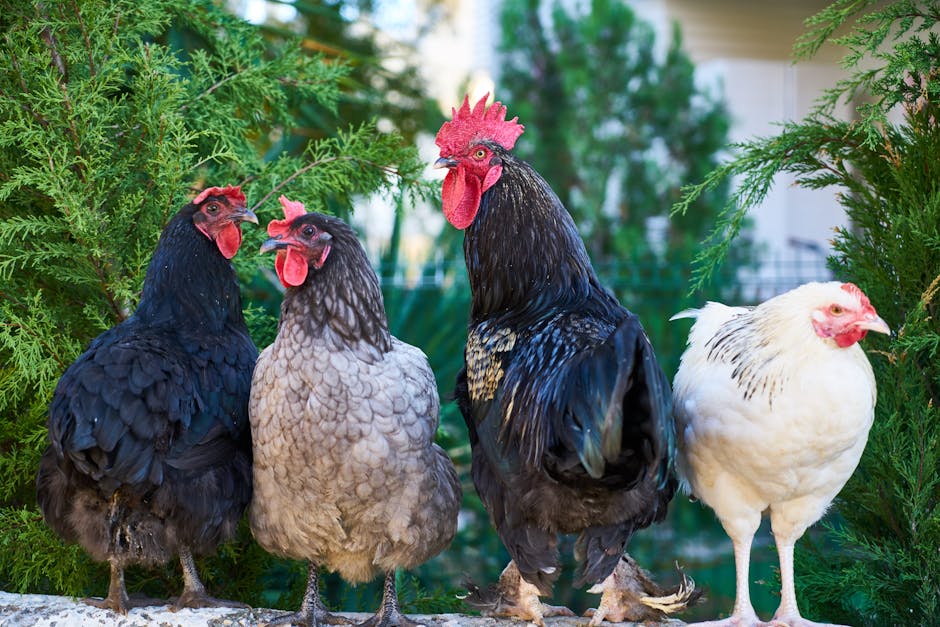
Even if you cook your chicken dishes like grilled or broiled, there is still a digestion period where the chicken will slowly break down more completely.
This process typically takes around two hours for average sized chickens (either fryers or roasters). Heavy birds such as turkeys take longer than normal size ones!
The length of this digestive cycle depends mostly on how much food the chicken has been given and its internal temperature. The stomach uses gastric acid and enzymes to begin breaking down all of the nutrients in the consumed foods.
Enzymes are chemicals that help other substances work by catalyzing reactions within the body. Different types of enzymes affect different chemical processes, creating changes in consistency or altering the activity of other chemicals.
Digestion times varies based on the chicken’s age

As chickens get older, their digestion time decreases slightly due to physiological changes.
Young birds are in a state of growth which means they require more food to meet their nutritional needs.
As they grow into adults, their digestive systems shift towards maintenance mode instead of growth mode. This is why you will find that even as they mature, chickens still need about the same amount of time to eat as they did when they were younger.
However, how much time it takes for them to finish their meals has increased because they eat less per meal.
Digestion times varies based on the cooking method

When eating chicken, how long it takes for your stomach to break down or digest the meat depends on what kind of chicken you are eating and how you cook it.
Cooking temperature can have an effect on digestion time. Grilling and broiling typically limit the amount of time needed due to their high temperatures. That is why we often call grilled food “cooked in minutes” because most of the eating happens within that short period of time.
Roasting and boiling take longer than grilling, so they are not as quick. This is why people who eat roasted or boiled foods usually experience fullness more slowly – with enough sleep after dinner, you will feel quite satisfied!
Some types of chicken don’t require too much work when cooked, but if yours does, here some tips.
How long does it take for chicken to digest?
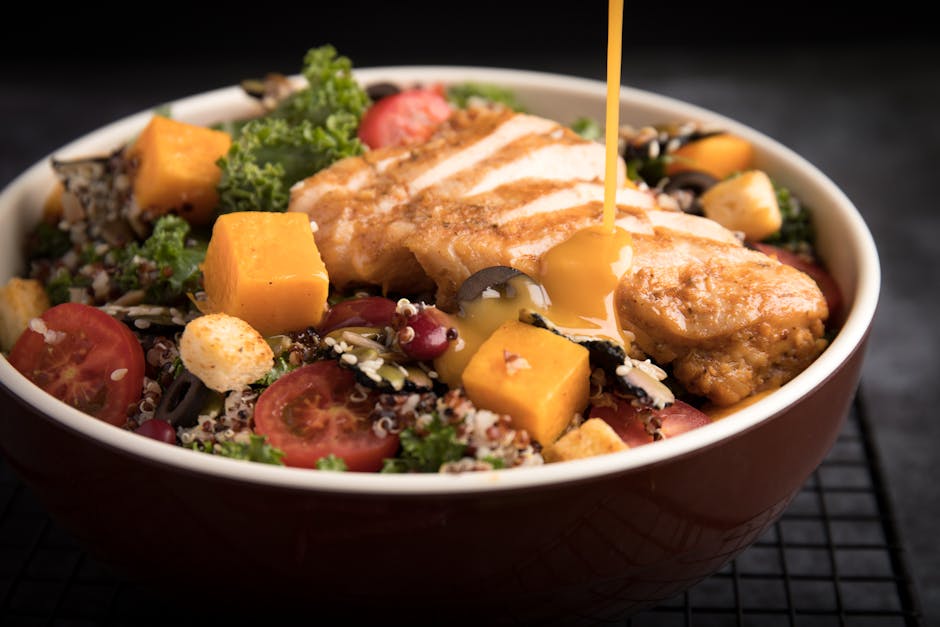
Photo by Kei photo on Pexels
When eating meat, how much time you have to start cooking is very important! The amount of time it takes to cook meat completely depends on the type of meat you are baking or broiling and whether or not you like your meat well done, raw, or medium-cooked.
The texture and taste of the meat also plays a big role in what time frame it ends up being cooked through. Some people prefer lighter flavored meats that are more delicate in flavor than others who love strong flavors.
Luckily, we got some helpful information here! According to the USDA, “Cooking times will vary depending upon thickness and variety”. That sounds pretty clear!
Thicker cuts of meat require more time to cook because they contain more protein which takes longer to dry out. Thin cuts of meat can be baked or grilled slightly faster as the muscle fibers pull away from each other while cooking.
Does chicken digest fast or slow?
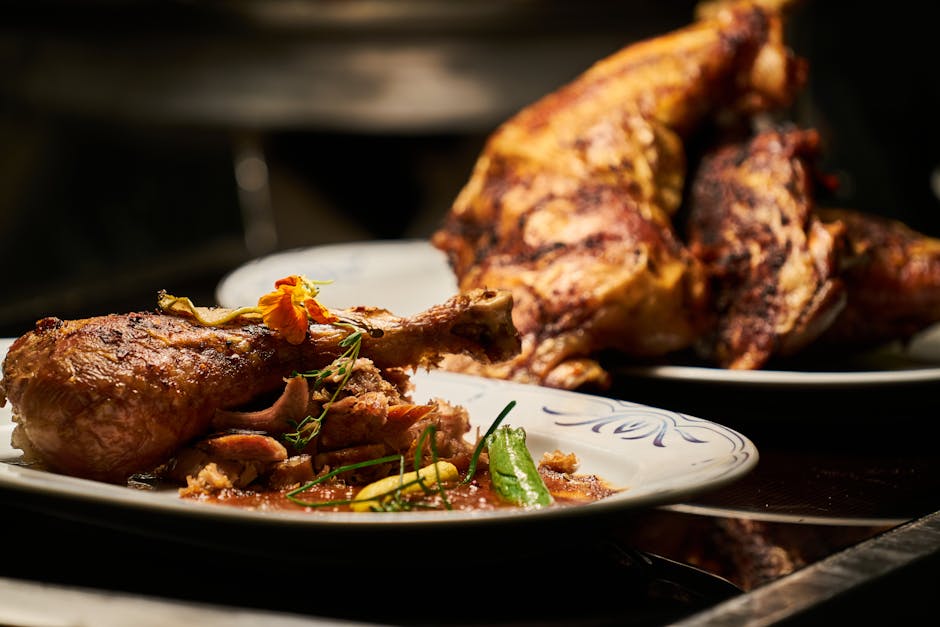
Many people believe that eating meat must be a pretty quick activity, because it takes so long for your stomach to process it. This theory goes even farther to say that once food is processed in your digestive system, it can’t stay there very long before it is absorbed into your blood stream and used by your body.
This perception of rapid digestion is probably shaped more by media stories about super-fast barbeques than by how foods actually behave during the average meal.
When you eat a steak, for example, it will take several minutes for your mouth to feel full and stop talking while your gut feels empty. This is because most of the nutrition from the steak gets stored in your gut first.
In fact, when you eat a lot of protein, your gut can get filled up with it and it can remain there for hours!
So what does this mean for you?
It may sound weird, but leaving one piece (or many) of chicken behind could help you lose weight. Because nutritional information doesn’t account for leftover pieces, people often underestimate how much fat and sodium they’re consuming.
And although some studies claim that eating carbs after meat can make you hungry faster, we don’t have any evidence supporting this idea.
Chicken digestion time differs between males and females
The length of time it takes for chicken to digest food varies slightly depending on whether you’re talking about male chickens or female chickens.
For example, hens tend to eat less quickly than roosters. This is because hens need more time to regulate their body temperatures when they are eating so that they can be comfortable.
On average, roosters will consume 2–3 times as much food per day as an adult hen!
That’s why older roosters usually look thinner than younger ones- they spend more time chewing and swallowing before moving onto the next bite.
However, this doesn’t always happen! Sometimes young roosters take longer to eat than old roosters! That’s because even though they may weigh the same amount, they pack in bone denser meat which requires more chewing time.
Chicken digestion time differs between fast and slow digestion
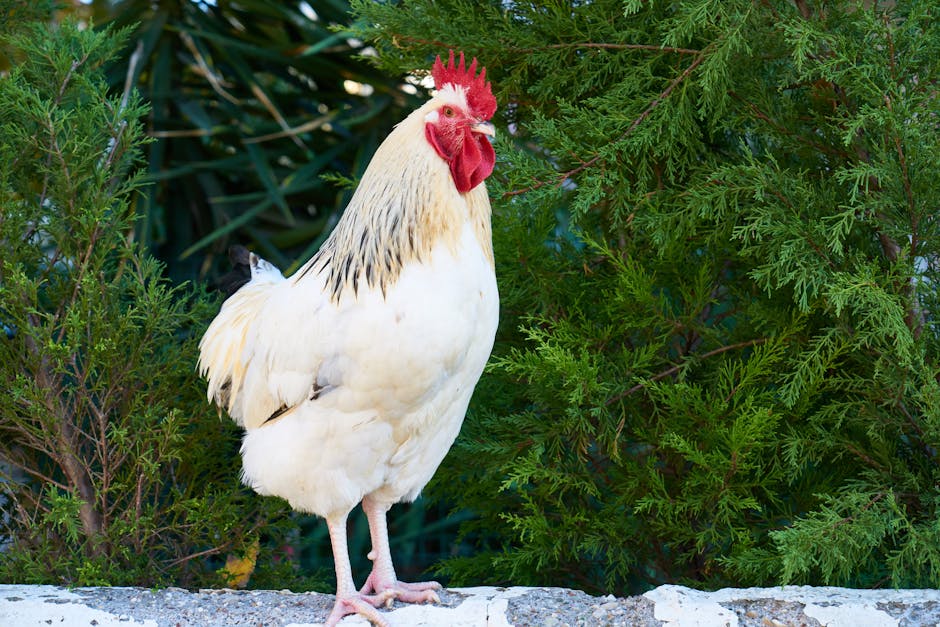
There are two main types of digestive systems in humans-the gastrointestinal (GI) tract and the respiratory system. The GI tract is made up of several different compartments, including the mouth, stomach, small intestine, large intestine, and rectum/spleen.
The gut contains many important functions within our bodies. It acts as a barrier that protects us from external invandents such as bacteria, viruses, allergens, and other food particles.
It also produces certain molecules, or hormones, which help regulate various body processes, such as blood clotting, bone remodeling, and immune response.
Finally, the gut houses our most essential organ — the intestines!
The intestinal lining absorbs nutrients and water from what you eat and absorb bile, a fluid component of some foods that aids in digestion. Bile helps break down lipids (food components containing fats) into simpler chemicals that your body can use.
Bile also stimulates peristalsis (contractions of the muscles along the intestines), helping to move material through the digestive system more quickly.

